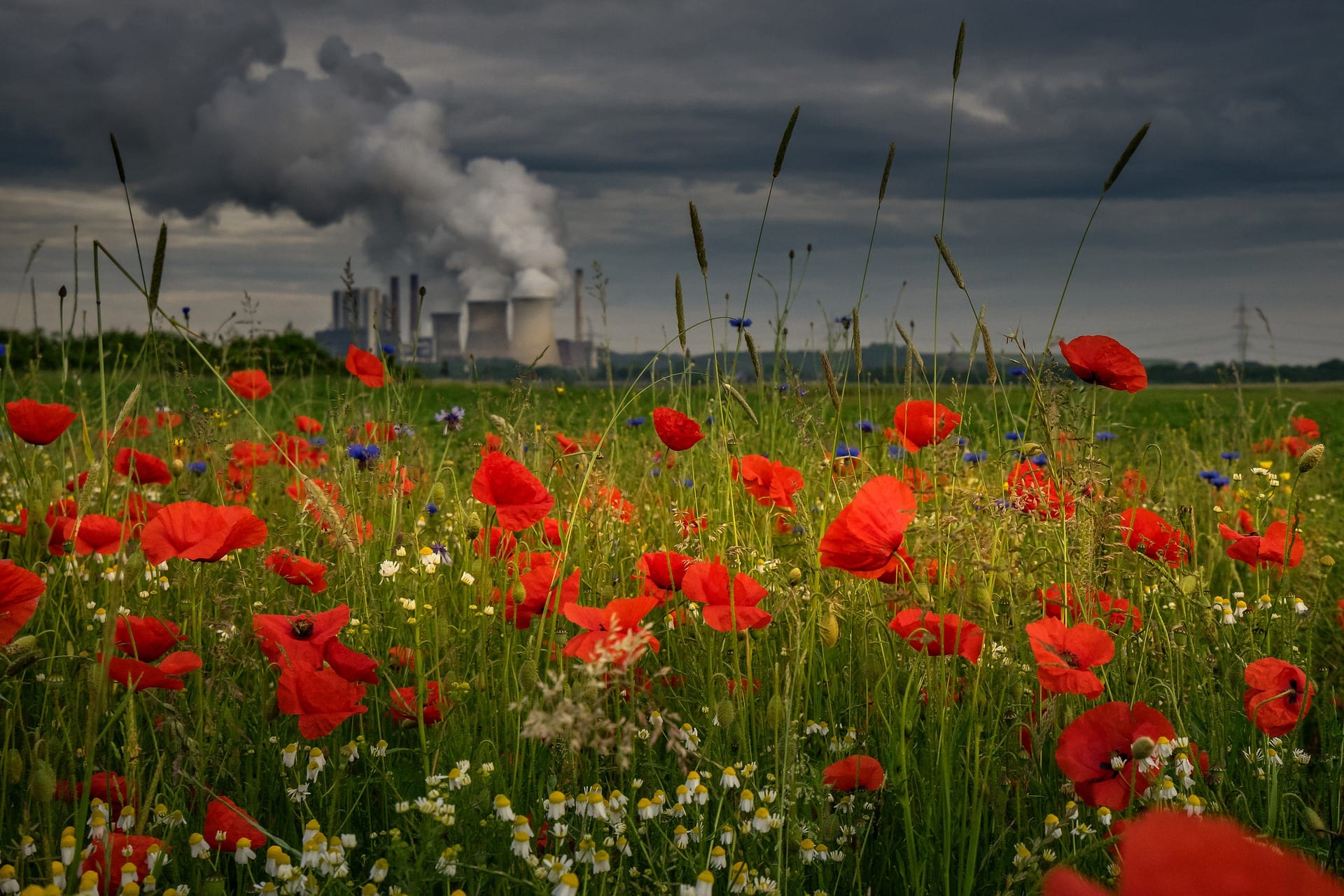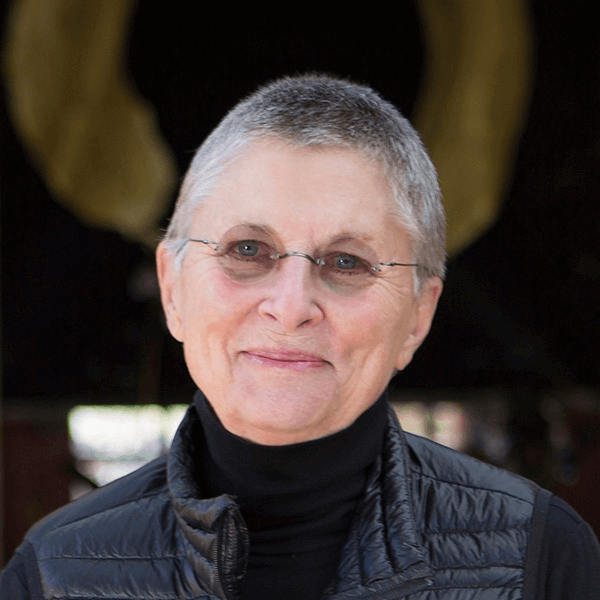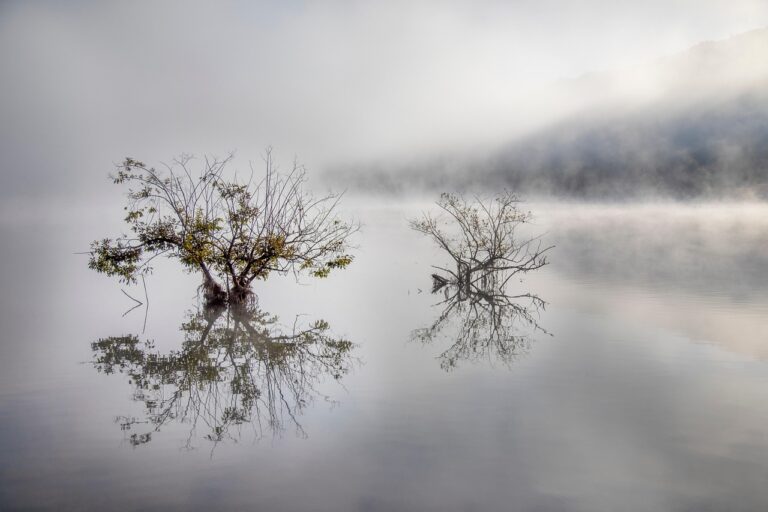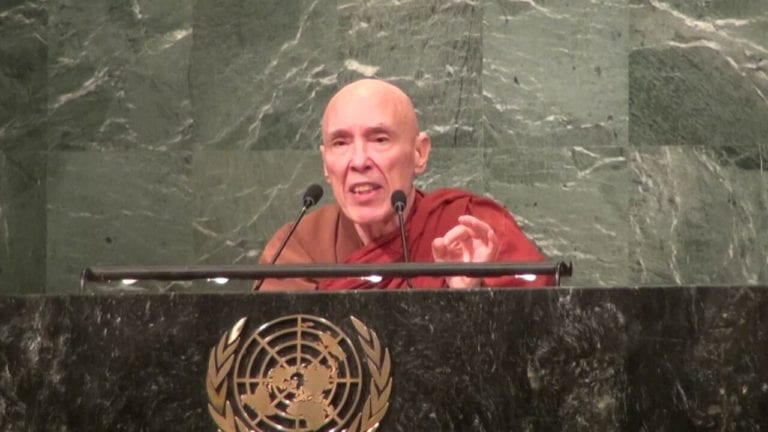I want to begin by giving thanks for this earth, her creatures, her waters, our atmosphere, and the precious land that supports all of life. I am a Buddhist and Abbot of Upaya Zen Center in Santa Fe, New Mexico. I live on the unceded territories of the Tewa and in the greater watershed of the Rio Grande or in Tewa: Posoge. I am talking to you from the Prajna Mountain Forest Refuge, a small valley at an altitude of 9400 feet surrounded by three million acres of national forest. Like you, I stand in solidarity with indigenous peoples and people of color and acknowledge those fleeing war and the effects of the climate catastrophe, all of whom will disproportionately bear the burden of climate devastation. And I want to offer gratitude for social and environmental activists, for scientists and governments working on understanding how to dial down this climate catastrophe, and for the earth cherishing peoples and young who are taking a stand in relation to protecting and restoring health to our mother earth. I also offer thanks to all of you here who have gathered to learn, to bond, to foster community; I stand in solidarity with you, as every one of us, no matter how great our privilege, will be affected by this unfolding climate catastrophe in the Anthropocene.
Moral Challenges
We all know that the calamitous changes in our climate are related to the terrible suffering associated with injustice, inequity, our exploitative economic structures, and have a deep impact on the rights and health of all humans and most species on our earth. These devastating shifts in climate are as well a source of moral suffering for many. Thus, I look at the climate catastrophe as a fundamental moral challenge and a breeder of moral suffering, as well as a situation directly affecting our character and our integrity. I hope that the words that follow give you some sense of why, and why I feel that principled action is essential at this time.
No matter the differences in moral platforms, I believe that we need to look deeply at the effects on us of moral suffering in relationship to the exploitation and destruction of our environment. Moral suffering refers to the harm we experience in relation to actions that transgress our tenets of basic goodness. Moral suffering is experienced in at least four main forms:
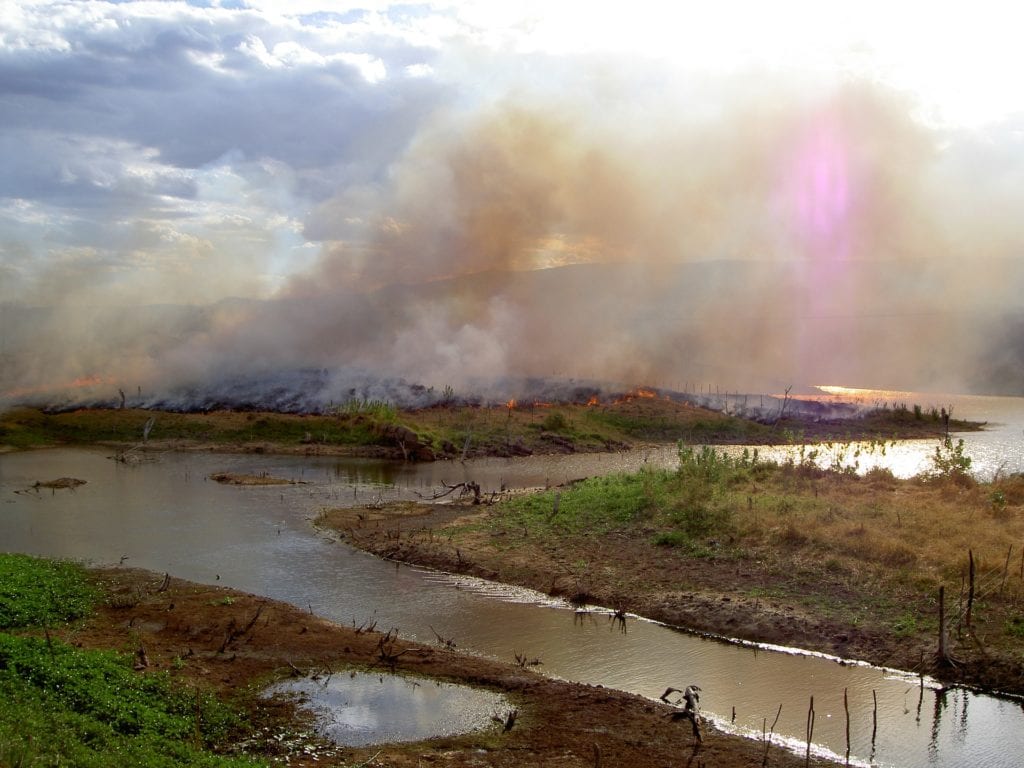
- Moral distress is the anguish that arises in the mind, body or in our relationships when we are aware of a moral problem that we feel we have a responsibility to address. We might have determined a remedy but are unable to act on it because of internal or external constraints, and we end up participating in perceived moral wrongdoing.
- Moral injury is a psychological wound resulting from witnessing or participating in a morally transgressive act; it’s a toxic, festering mix of dread, guilt, and shame.
- By contrast, moral outrage is an externalized expression of indignation toward others who violate social norms. It is a reaction involving both anger and disgust.
- Moral apathy occurs when we simply do not care to know, or when we are in denial about situations that cause harm. Moral apathy can be indifference based on privilege, denial, or addiction and gives rise to moral disengagement.
It is not simply about changing institutional and systemic structures. We also have to address this suffering in terms of the human heart and mind.
Buddhism can give us a valuable way to understand the experience of moral suffering. When we, as individuals or a nation, cause suffering to other beings or ourselves, our integrity is compromised and moral suffering results, whether we know it or not. When we alleviate the suffering of others, our integrity is affirmed, and our character is strengthened. To have integrity is to have a conscious commitment to honor strong moral and ethical principles of non-harming and benefiting others. Moreover, our values are reflected in our character and are what affirm or destroy our integrity. I believe that we are a nation caught in the grip of moral suffering, though many do not realize it. My views regarding moral suffering are related to the interrelationship between human ignorance and exploitative social and corporate structures resulting in pervasive structural and direct violence.
Please understand, I am not a moral philosopher. I am just a Buddhist teacher. Yet investigating the nature of morality has long been an important part of my practice and my life. This has become particularly clear in this era of climate change when it is essential to consider its human causes and costs.
For example, we all know that the secondary cause for climate change is fossil-fuel dependent economic growth, primed by the root cause of human greed and ignorance, and an utter lack of integrity. We also know that fossil fuels are a finite, dangerous, dirty, and destructive source of energy. Continuing to develop fossil-fuel dependent economic growth models makes no sense, no matter how you look at it.
Responsibility of Heart and Mind
Many of us are aware that we live in an interdependent world and cannot deny how profoundly damaging fossil fuels are to individual and collective health. We also know that it is absolutely necessary that our global community commit to reforming our intertwined energy and economic systems; it is the only logical next step and the morally correct thing to do.
And we must do this from a space of courage, wisdom, and compassion. We also know that these wholesome, life-giving qualities are cultivated through views that are reflected in various indigenous traditions, Buddhist philosophy and practice, and in various other traditions, including, hopefully, in the tradition of science. We also recognize it is not simply about changing institutional and systemic structures. We also have to address this suffering in terms of the human heart and mind.
In spite of the concerned and wise urgings of environmentalists, scientists, and indigenous and young people, fossil fuel companies that are focused on making a profit have bought politicians, derailed the media, lost their moral compass, and subverted our democratic processes so that they can continue to profit. Those who invest in fossil fuels get richer, in spite of knowing that fossil fuels make up 2/3rds of global greenhouse gas emissions, and even when we all know that there is an end to the ancient sunlight we can extract from our earth.
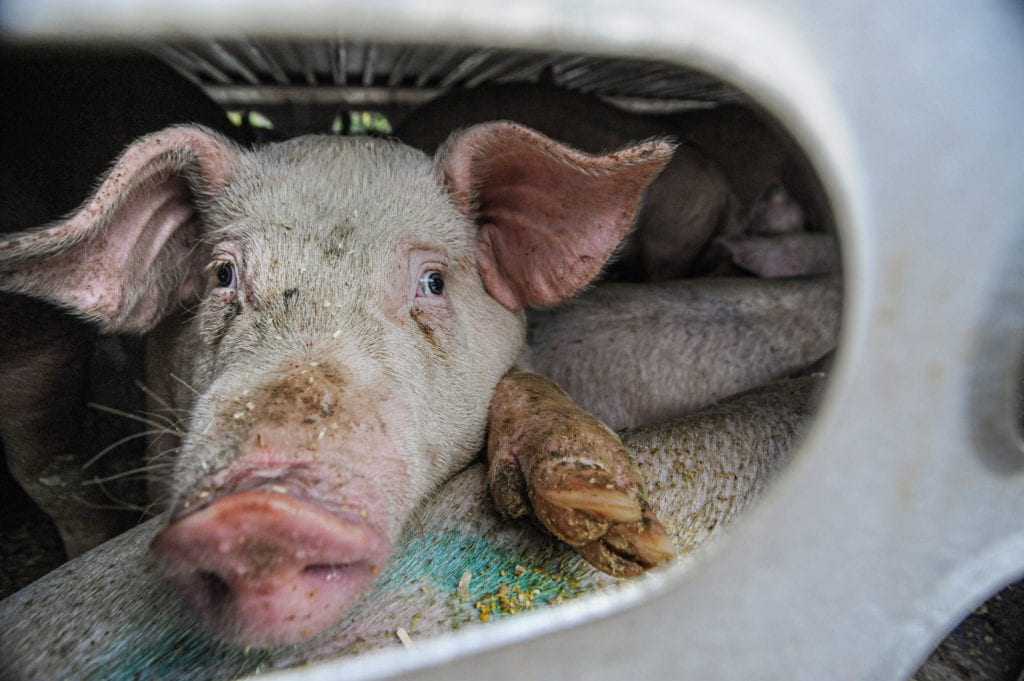
We must also look at the environmental impacts of so-called factory farming, which has a serious environmental footprint as well as horrendous cruelty to other living beings. Factory farming contributes to land and water degradation, biodiversity loss, acid rain, coral reef degeneration and deforestation. Nowhere is this impact more apparent than climate change. It is important to note that factory farming contributes 18% of human produced greenhouse gas emissions worldwide.
We know that the secondary cause for climate change is fossil-fuel dependent economic growth, primed by the root cause of human greed and ignorance, and an utter lack of integrity.
There is a reason why many corporations have heavily promoted a focus on individual behavior, like recycling or energy saver light bulbs, and also why these companies support autocratic regime change around the world. They do not want us to see that we need fundamental systems change, serious institutional and economic reforms, and for our governments to enforce checks and balances on those companies who profit from polluting our earth. They also know that thriving democracies with principled, compassionate, and active citizens are a threat to them.
Fundamentally, the responsibility lies within the human heart and mind. Many indigenous peoples, for example, have for millennia had a sacred and practical relationship with the earth that we need to give attention to. The predatory process of colonization has tragically disrupted the lifeways of many indigenous peoples, and “traditional ecological knowledges” acquired over thousands of years are often lost, but fortunately not entirely. I believe that learning from indigenous peoples about ecosystem management and restoration is something we must turn to now in addition to what we have learned from Western science in order to dial down the impacts of an exploitive and extractive relationship with mother earth. I also feel that the sacredness of indigenous people’s relationship to earth reflects values that are essential to be strengthened at this time.
Impact on Our Collective Health
In addition to species extinction, the sixth great extinction event on our planet and this one human caused, we also have to realize that the climate crisis is making us sicker and sicker every day. Those at most risk are children, pregnant women and the unborn, the elderly, and the materially impoverished. But even the most privileged of us cannot escape the health impacts which are staggering to contemplate.
We are witnessing and experiencing our atmosphere becoming a toxic harbor for increasing allergens, mold, fungi, smoke, mercury, petrochemical cancer-causing poisons, choking dust, disease-bearing insects, and extreme heat. Extreme heat is also linked with aggression and violence, which is connected with violent conflict and forced migration, a source of profound trauma. Our waters are becoming a toxic harbor for endocrine disruptors, poisonous chemicals, microbial pollutants, including sewage and lethal algae bacterium. As well, plastics are contaminating oceans and fisheries, sea water is contaminating drinking water, and drought, fire, and flooding are destroying forests, farmlands, towns, and cities. And we are witnessing the physical destruction of our earth and the subsequent illnesses wrought by humans engaging in extractive and profoundly destructive processes of the earth’s so-called “resources”: her forests, minerals, fresh waters, ocean life, wild animals, and more….
Just as the abolition of slavery was the morally right thing to do in 1861, ending fossil fuel use (as well as so-called factory farming) is the moral crisis and imperative of our time.
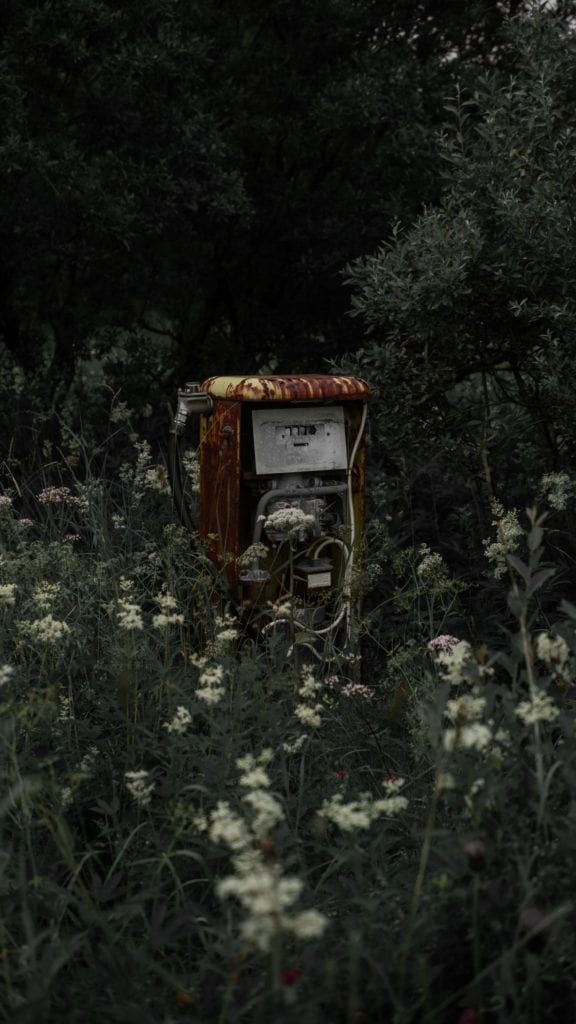
Yet maybe the least talked about area of sickness is the profound grief, trauma, and moral suffering being experienced by millions whose lives are shattered by floods, droughts, fires, and heat waves, and the pernicious moral injury and outrage experienced by those who witness the terrible loss of life and are dehumanized by those who profit from this devastation, often leading to anxiety, depression, futility, rage, bottomless loss, and suicide. Then there is the pernicious psychological and moral injury experienced by those who witness the terrible degradation of life associated with our climate catastrophe and the moral anguish experienced in response to the aggressive assaults on the dignity of those who raise their voices in protest and who are dehumanized and even assassinated by those who profit from this devastation.
Lawyer Mariel Nanasi, Executive Director and President of New Energy Economy, writes: “We are at a crossroads. We either face the very real possibility of a planet on hospice, driven by an energy system that is the epitome of capitalism on steroids with extreme exploitation and racism at its core. Or a profound opportunity to shift at the very basis of our economic system that we haven’t seen since the abolition of slavery. And it’s really up to us which way we go.” We can look at it this way: in relation to the United States, the first 200 years of capitalism were based on slavery; the second 200 on fossil fuels; and the next 200, I believe, must be based on renewables, if we are to survive. If we could abolish the slavery on which our country was built and which took the sacrifice of hundreds of thousands of lives, we can also do this. Just as the abolition of slavery was the morally right thing to do in 1861, ending fossil fuel use (as well as so-called factory farming) is the moral crisis and imperative of our time.
Finally, it may seem that our climate catastrophe touches only people who are materially impoverished, who live in coastal areas, or are refugees fleeing climate driven wars. But our climate devastation affects every single species on this earth and will profoundly affect the coming generations. In the final analysis, ending climate devastation is as much about self-interest as it is about compassion.
Clearly, we must act now, if there is to be a viable, morally grounded, and healthy future. Social engagement is essential, as is psychospiritual transformation by cultivating the qualities of heart and mind that make it possible to see the destruction we have wrought on this earth and to take action to transform those habits of mind that bind us to consumerism and blind us to the harm we have caused.
We also have to take the science seriously, examine our views of reality, and hold accountable the petrochemical, corporate, military, and political forces robbing the future from our children and grandchildren. And we must end the direct, indirect, structural, and institutional violence associated with this climate catastrophe. To do this, we have to engage in practices that cultivate the Bodhisattva attitude, which includes the capacity to be morally sensitive with the ability to detect moral conflicts and dilemmas. There is no compassion without this. We must as well nurture our capacity for moral discernment, which is our ability to assess what actions are morally justifiable, and this takes attentional stability, insight, and a motivation that is based on compassion. And we must develop moral nerve, a term used by the author Joan Didion to describe someone who has nonnegotiable virtue when standing above the abyss of harm, so we can be guided by our deepest values, be conscientious, and connect to who we really are. This we must do not only to restore broken eco-systems but also restore health and integrity to the human heart.
Four Bodhisattva Vows:
Creations are numberless; I vow to free them.
Delusions are inexhaustible; I vow to transform them.
Reality is boundless; I vow to perceive it.
The awakened way is unsurpassable; I vow to embody it.
Night Chant:
Let me respectfully remind you:
Life and death are of supreme importance.
Time passes swiftly and opportunity is lost.
Let us awaken, awaken, take heed:
Do not squander your life.
This article was originally published as Integrity and Moral Suffering in Relation to the Climate Catastrophe and Health on the Upaya Institute and Zen Center blog. It is reprinted here with permission.

